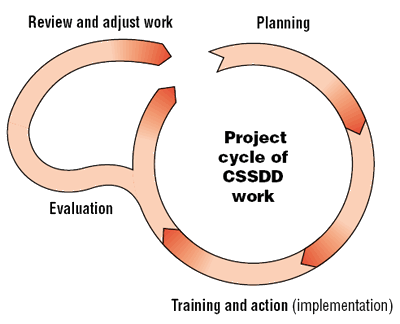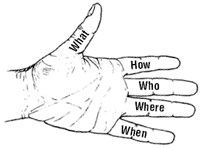Evaluating their impact
The Myanmar Baptist Convention was formed in 1865 and is the largest Christian organisation in Myanmar. It works with 16 regional language conventions around the country.
The Christian Service and Social Development Department within MBC (known as the CSSDD) has worked in partnership with Tearfund for a number of years on a capacity-building programme. This was planned jointly during 1996 in order to build up the capacity of local leaders. It involved three aspects:
- Leadership training
- Seed funds (start-up funds) for community-based initiatives
- Building up sustainability.
The programme was based around a series of training workshops. The training was targeted at three levels – development directors, development workers and the communities. Each regional convention was invited to send its development director and to select a number of development workers according to the size of the convention. Some conventions, such as the Kachin, Karen, Zomi and Lahu were very enthusiastic, while others did not take the training opportunity seriously and selected only one worker. Several senior management personnel and ten development directors attended.
The programme took place over a period of three years from 1997 under the guidance of Louie Cadaing, a trainer from the Philippines. Louie ran three training workshops covering the above subjects and each training was repeated three times. Each workshop lasted ten days with a six month break between them. Initially 85 trainees began but only 69 trainees completed all three training sessions and shared the teaching within their own language areas. These trainees then had access to seed funds for initiatives within their communities.
From the beginning, evaluation was built into the planning. A baseline study was carried out. Every 3–4 months an internal review took place to provide a quick assessment of how things were going.
Process of evaluation











